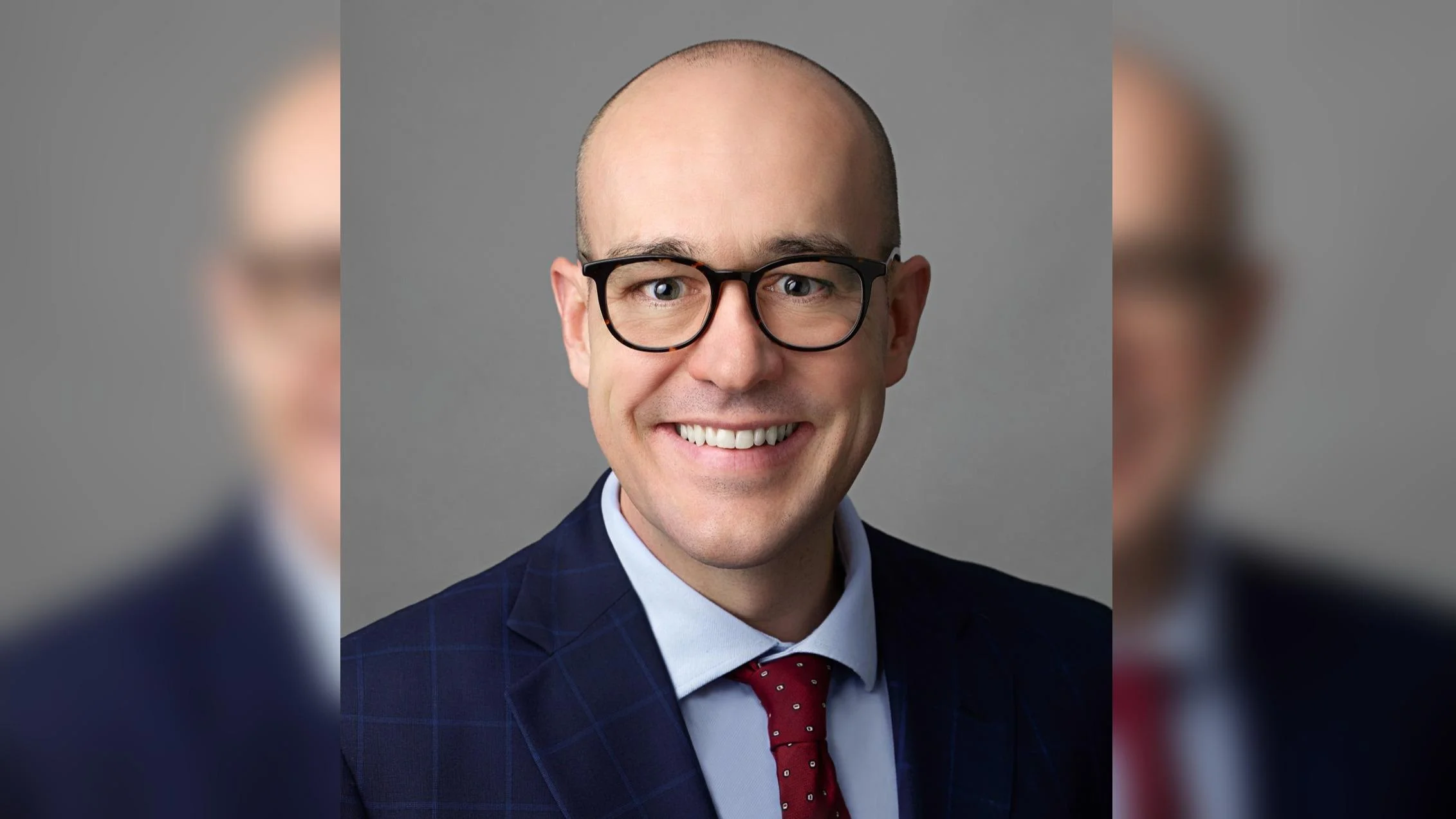Richard Keddington Chief Executive Officer | Watertown Regional Medical Center
Richard Keddington Chief Executive Officer | Watertown Regional Medical Center
Many Americans are not getting enough sleep, with more than one-third reporting less than seven hours of rest per night, according to the National Council on Aging. About 30% of adults experience symptoms of insomnia. Sleep apnea is a significant contributor to these problems, affecting up to 30 million people in the United States, as noted by the American Medical Association.
Experts say that consistently getting between seven and nine hours of sleep each night is important for health. Proper sleep supports brain function and mood and can lower the risk of diseases such as type 2 diabetes, heart disease, stroke, obesity, and dementia. Without enough rest, people may become irritable, have trouble focusing, and experience increased stress.
Despite the prevalence of sleep apnea, an estimated 80% of those affected remain undiagnosed or untreated. Symptoms often include loud snoring, episodes where breathing stops during sleep, gasping for air at night, waking up with a dry mouth or headache, difficulty staying asleep (insomnia), excessive daytime tiredness (hypersomnia), trouble paying attention when awake, and irritability.
Some individuals avoid seeking treatment because they do not want to use a CPAP (continuous positive airway pressure) device. However, CPAP machines have improved over time and are no longer as cumbersome as older models. Additionally, there are other ways to manage mild sleep apnea at home. These include losing weight through diet and exercise; making lifestyle changes like using allergy medications or avoiding smoking and alcohol; sleeping on one’s side; elevating the head during sleep; using prescription oral devices to keep airways open; and even playing wind instruments or singing to strengthen upper airway muscles.
For those who continue to struggle with sleep despite trying these remedies, professional help may be necessary. Treatments now range from therapy focused on the mouth and face to CPAP devices and FDA-approved surgical implants designed to address airway blockages.
Watertown Regional Medical Center offers specialized care for a variety of sleep disorders at its Sleep Center. The center provides diagnosis and treatment for chronic insomnia, circadian rhythm disorders, complex sleep apnea, idiopathic hypersomnia, narcolepsy, obstructive sleep apnea, parasomnias, restless leg syndrome, and other related issues.
A visit with experts at Watertown Regional Medical Center could help reduce or eliminate symptoms that disrupt healthy sleep. The medical center encourages anyone concerned about their risk for sleep apnea to take a free assessment available at https://www.watertownregional.com/health-risk-assessment/sleep-apnea.






 Alerts Sign-up
Alerts Sign-up